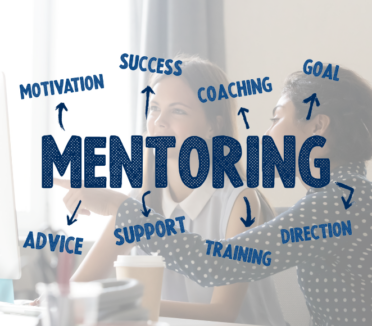As an Indianapolis recruiter for finance and accounting jobs, I have noticed that one of the interview questions candidates struggle most to answer is the “tell me about your strengths and weaknesses” question. In their responses, I often see candidates overuse certain buzz words and respond in ways that actually cause them to lose credibility in my mind.
 No one likes to talk about their weaknesses, but avoiding this question in an interview makes the hiring manager wonder whether you have something to hide. What the interviewer really wants to discover from this question is what sets you apart from your peers. They aren’t looking for a reason not to hire you, but are hoping that you can give them an answer that puts you head and shoulders above your peers.
No one likes to talk about their weaknesses, but avoiding this question in an interview makes the hiring manager wonder whether you have something to hide. What the interviewer really wants to discover from this question is what sets you apart from your peers. They aren’t looking for a reason not to hire you, but are hoping that you can give them an answer that puts you head and shoulders above your peers.
What are your strengths? Overused responses:
When asked the strengths question in a job interview, don’t answer with the following overused strengths, which are actually not strengths but simply the requirements of a successful employee:
- Dependable
- Punctual
- Reliable
- Hard worker
- Team player
- Quick learner
- Critical thinker – only use this if you have a clear example that you used your critical thinking skills to solve an important issue within your work history. Be able to tell the interviewer the feedback you received from your manager in order to lend credibility to the strength. Tell about a time when you were thrown a project out of your area of expertise with very little direction and had to figure it out. That’s a clear example of a strength.
How to answer the strengths question: To discover your true strengths, think back to the times when you have been the proudest of yourself in your career, or received positive praise from your boss. An example of strength would be a situation in which you continued to push through in undesirable circumstance or obstacle and were still able to come out successful. Maybe you had a team project in college where two team members were not pulling their weight; describe how you dealt with that situation to complete the project successfully. Or perhaps you went above and beyond your job responsibilities at school or at work; explain how you made sure things were completed to land the team a client or earn an A in the class. Who wouldn’t want that employee on their team?
What are your weaknesses? Overused Responses:
Under weaknesses, don’t answer with one of these overused responses:
- Perfectionist
- Caring too much
- Don’t know – haven’t been told anything before
- Passionate
- Re-wording a strength and saying that it’s both your strength and weakness (such as hard worker)
How to answer the weakness question:
Be truthful, but always provide examples of how you have kept your weakness at an acceptable level, or that you are working on improving the area of weakness.
If you state a weakness that is a very important piece of the job, for example: if your weakness is in meeting deadlines (a hot topic in accounting for month end or in a project management role), then you really need to provide well thought-out ways that you have been able to meet deadlines in the past and how you’ve used problem-solving skills to improve this weakness. In this example, one way that you could respond is that you have started dividing the project into sections and blocked out time on your calendar to complete them. Another way might be that you have set deadlines on when you need to ask for valuable information from others so that you are not waiting on this information to complete your portion of the project.
Emphasizing your Strengths: According to Marcus Buckingham in his book: Now, Discover your strengths, you should be identifying job opportunities and positioning yourself in an interview to emphasize your strengths, not your weaknesses. If your strength and weaknesses responses are truly unique, they should almost tell the story of you. Answering the strengths and weaknesses question strategically will help you prove to recruiters and hiring managers that you are different than the other three candidates interviewed, and make them more likely to hire you.


